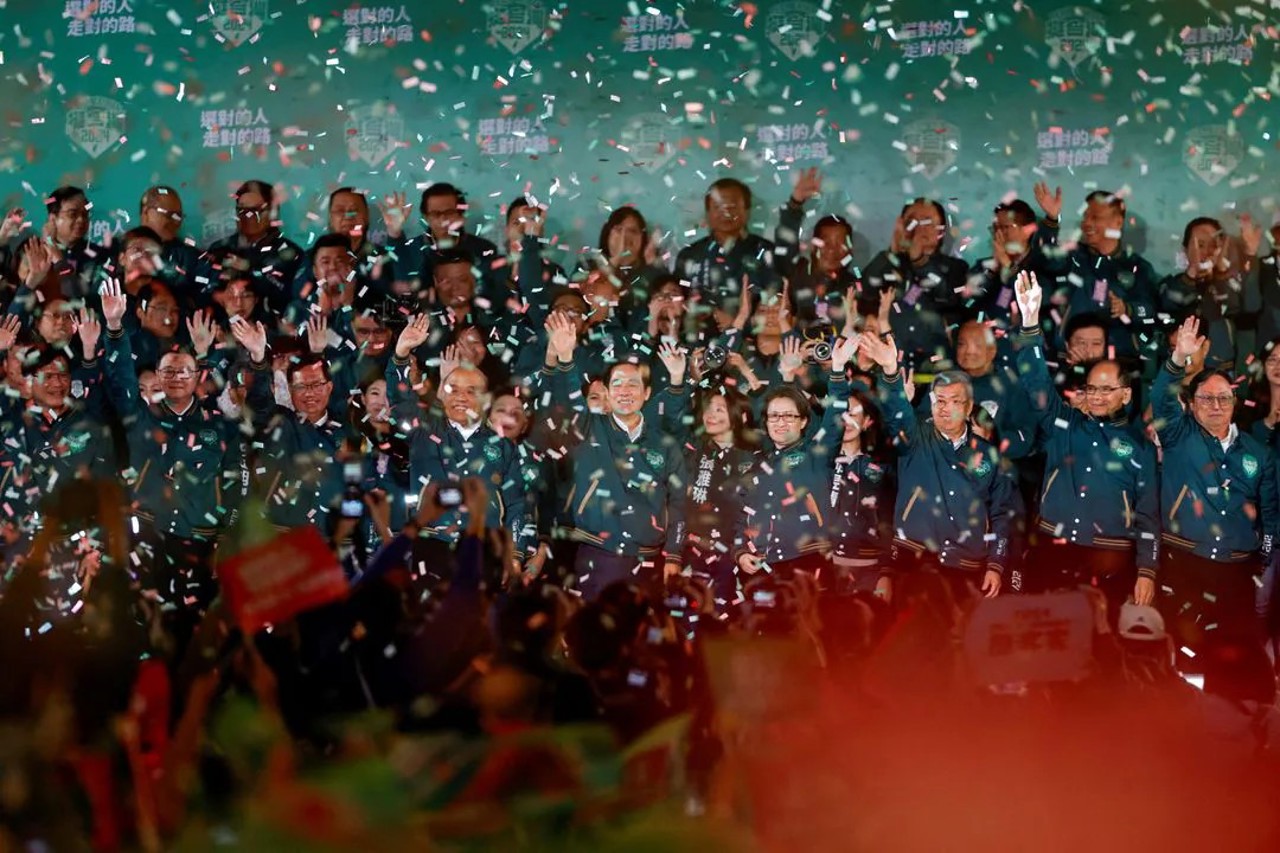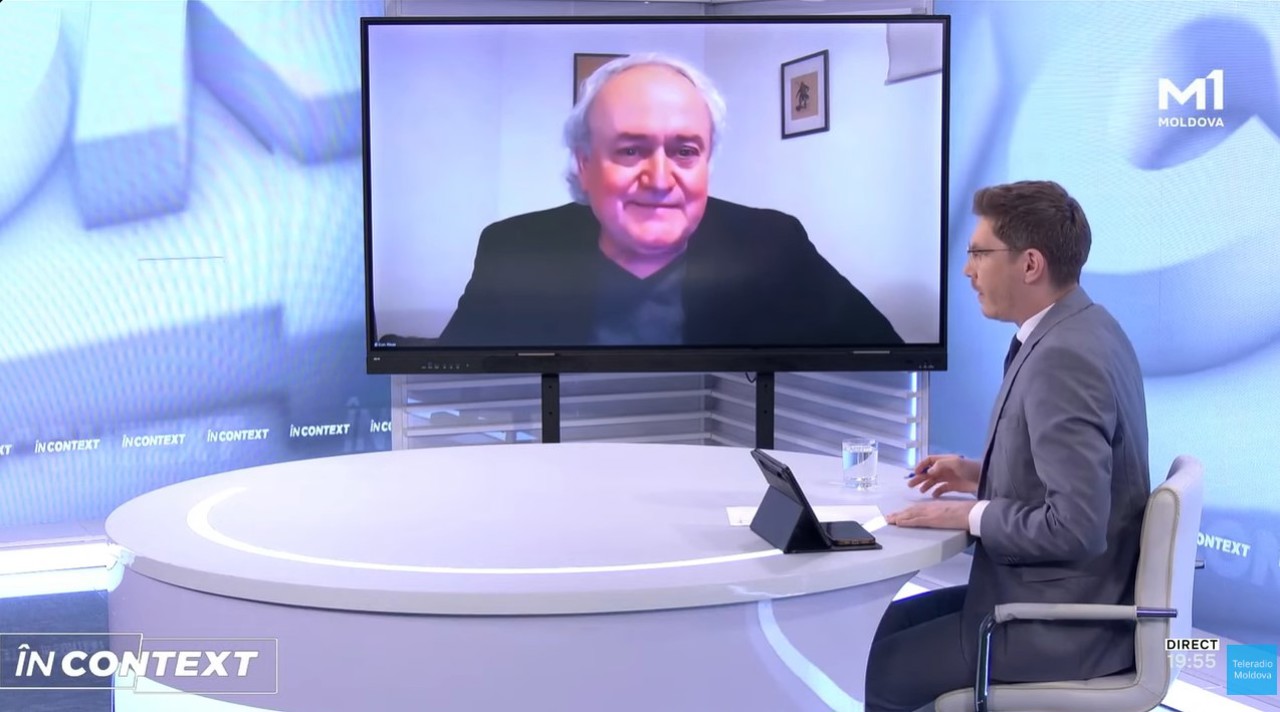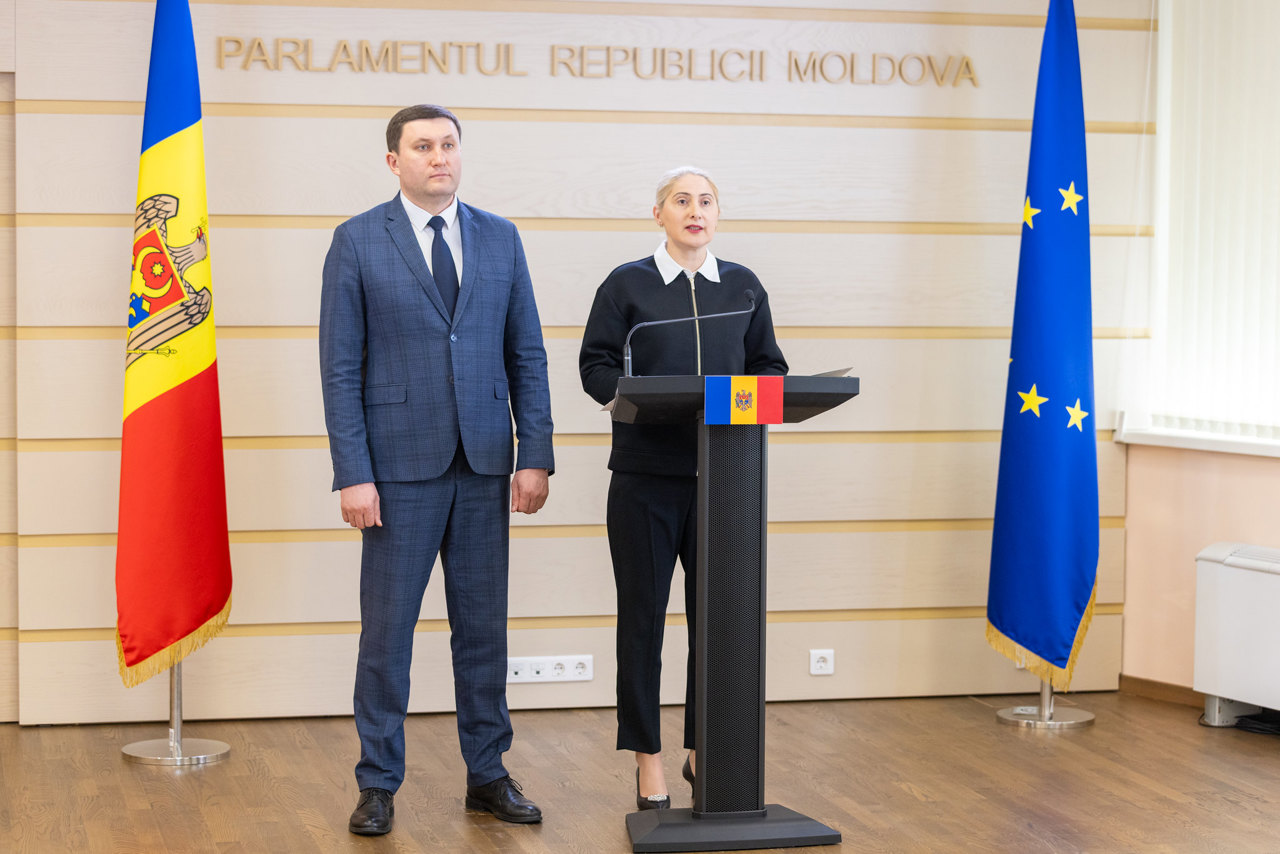Taiwan's pro-independence leader wins, China tensions heighten
William Lai, a staunch advocate for Taiwan's independence, secured a convincing victory in Saturday's presidential election, potentially fueling further strain in Beijing-Taiwan relations as reported by Reuters.

This third consecutive win for the Democratic Progressive Party (DPP) comes amidst heightened uncertainty about the island's future.
While holding out an olive branch in his victory speech, Lai emphasised commitment to Taiwan's self-determination. "As president, I have an important responsibility to maintain peace and stability in the Taiwan Strait," he stated. "I will act based on Taiwan's constitution and strive for balanced interactions with China, while resolutely protecting Taiwan from threats and intimidation."
Beijing's immediate reaction was one of defiance. A spokesperson for the Chinese Embassy in the UK rejected the election's legitimacy, reiterating the claim that Taiwan is an inseparable part of China.
Lai's victory, secured with about 40% of the vote, comes against the backdrop of escalating tensions. His opponent, Hou Yu-ih of the Kuomintang (KMT) advocating closer ties with China, garnered 33.5% of the vote.
Despite losing the presidential race, the KMT managed to capture enough seats to prevent the DPP from retaining its parliamentary majority. This development could potentially complicate Lai's legislative agenda.
Beyond Taiwan's domestic implications, the outcome has global ramifications. Washington, a key Taiwanese ally, is likely to monitor the situation closely. While respecting the "one China" policy, the US also supports Taiwan's right to self-determination.
William Lai, a Harvard graduate raised in a modest family, brings years of experience in public service to the presidency, having served as mayor of Tainan and premier of Taiwan. His leadership in the coming years will be critical in navigating the delicate balance between maintaining peace and safeguarding Taiwan's autonomy.
Translation by Iurie Tataru






